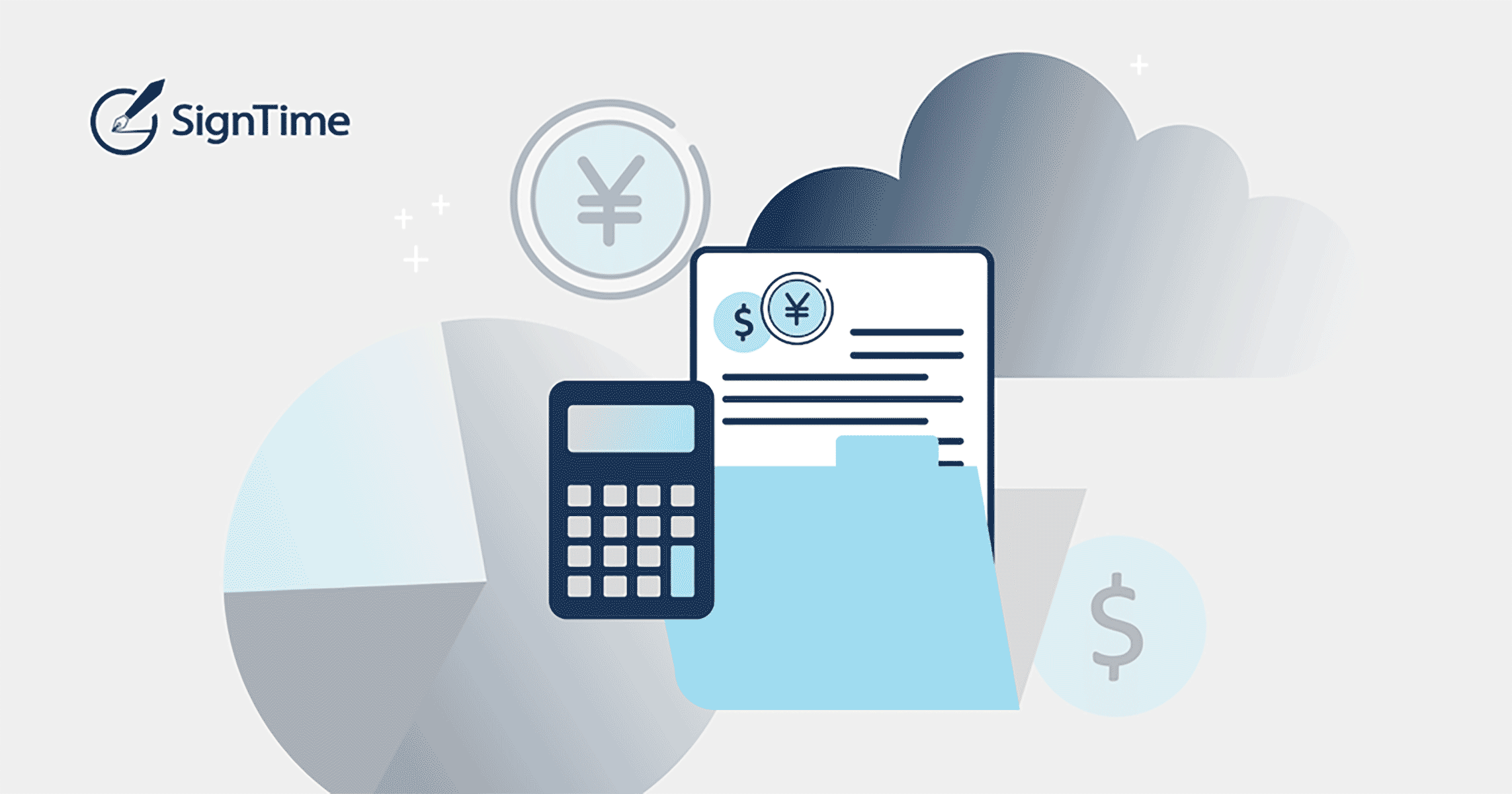release:
update:
2024 – Electronic Bookkeeping Preservation Act Compliance

Table of contents
January 1, 2024, was an important milestone date for many businesses in Japan – as the calendar flipped over to the New Year, critical parts of the Electronic Bookkeeping Preservation Act (in Japanese “denshi chobo hozonhou” or “denchohou”) came into effect. A minority of businesses have completed their compliance obligations, but the majority are now scrambling to become compliant and are facing challenges to comply with this complex legislation.
As its name implies, the Electronic Bookkeeping Preservation Act is a business regulation intended to promote the transition of paper-based business records to paperless electronic solutions. Prior to the new law coming into effect, businesses had to maintain paper copies of all their invoices, even printing out and storing items received digitally. The new law, however, allows businesses to store for scanning paper based items, via the “scanner storage” (in Japanese “scanner hozon”) rules and regulations, which require a time-stamp to be applied.
But as of January 1, 2024, all firms, from the largest conglomerates and multinationals operating in Japan, to sole proprietorships, that conduct electronic transactions of any kind are required to electronically process invoices, receipts, and other electronic records, and critically, to provide for digital data storage of those records.
- Digital items stay digital
- Paper items can either be scanned, if done via scanner hozon rules or be stored physically according to the Act’s guidelines
Unfortunately, most Japanese businesses are woefully behind. According to a survey conducted in December 2023 by Teikoku Databank, only 30% of Japanese firms have fully adapted to the law. The same survey showed a startling 95.6% of respondents indicated concerns or challenges with the new law, stemming mainly from the workload associated with complying.
This reflects the challenge of digital transformation (DX) within the Japanese market as a whole, where small firms particularly struggle to adapt and comply with the new law and its implications for their business processes.
Let’s take a quick look back at how we got here. The original law was passed by the Japanese Diet way back in 1998 and has been amended several times, with the latest major amendments taking place in 2022.
The key amendments in 2022 were:
- Eliminate the need for prior approval for electronic data storage
- Relax requirements for scanner storage
- Simplify the search requirements for stored data to where if a contract or an order has contract dates, the counterparty and the amount of the contract, it complies
The amendments also brought the compliance deadline of January 2024 into sharp focus, and is the reason that SignTime created the scanner hozon product, ScanTime.
Here is an overview of the regulations for businesses that are still in the throes of complying:
Purpose of the Law:
The Electronic Bookkeeping Maintenance Act allows for the storage of receipts, invoices, and other tax-related documents in electronic format, aiming to reduce the burden associated with paper record-keeping
Key Components:
- Electronic Ledger Storage: For ledgers and tax-related documents initially created electronically, they can be stored electronically under certain conditions
- Scanner Storage System: Non-financial documents like estimates, contracts, invoices can be stored electronically if they meet certain criteria, even if originally on paper
- Electronic Transaction Data Storage: Mandatory for income (excluding withholding income tax) and corporate tax-related documents involved in electronic transactions
Applicable Documents:
- For Electronic Ledger Storage: mainly tax-related ledgers and financial statements
- For Scanner Storage: primarily paper-based documents like contracts, receipts, and invoices
- Applicability: all businesses, including corporations and individual entrepreneurs, are required to comply with this law, especially for electronic transaction data storage
Penalties for Non-Compliance:
Includes enhanced penalties for scanner storage or electronic transaction tax processing errors, fines up to 5 million yen, administrative penalties from tax authorities, and potential criminal charges for serious violations
Required Compliance Date: January 1, 2024
SignTime is a leader in not only e-signatures and related electronic approval items, but also has a complete “dencho” set available with the Prime plan. Our cloud native solutions help businesses in Japan and internationally with digital transformation projects large and small.
We are helping scores of firms now as they race to get into compliance with the Electronic Bookkeeping Preservation Act. If your firm is struggling to comply with the Act and are looking for a partner that can guide you through the processes needed to get your firm ready, then get in touch with us today.
